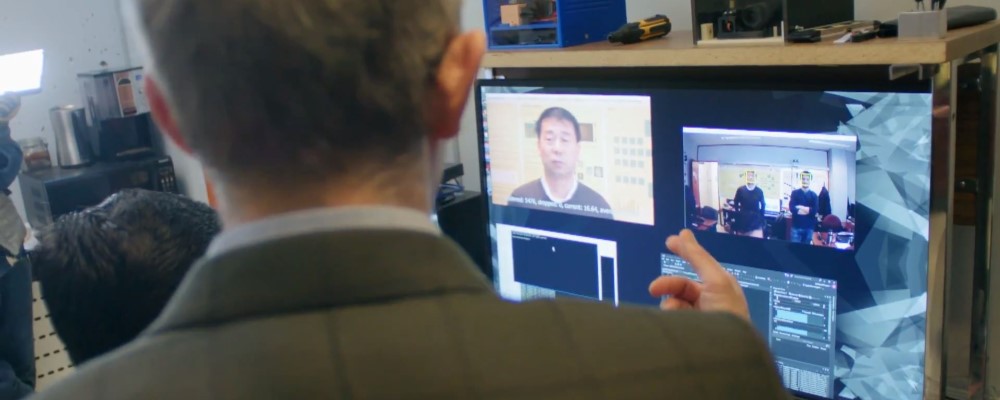
We often forget how complex human vision is... and that poses plenty of challenges for those trying to teach machines how to "see".
“One thing that’s really exciting about studying vision is that it is so powerful that we don’t actually think about it from day to day. We just use it. It’s only when we pause and think, ‘wait, how do I actually do this?’, that we start to think about just how complex the problem is.”
Vision scientist James Elder, professor of psychology and electrical engineering and computer science at York University, is a member of York’s Vision: Science to Applications (VISTA) program. His multi-disciplinary team is working to better understand human vision and perception in order to train more intelligent artificial vision systems. He calls this biologically-inspired computer vision, building on the powerful and adaptive human visual system to teach computers how to interpret what they “see” in video input.

